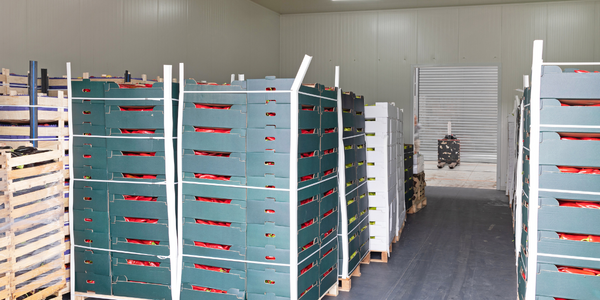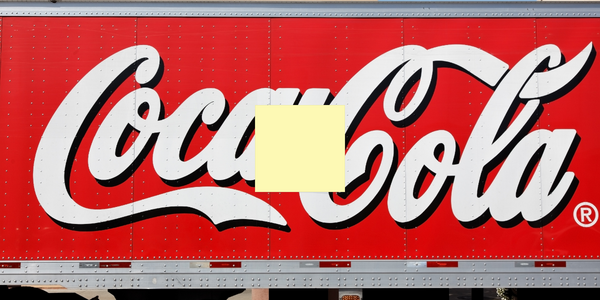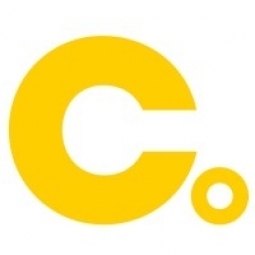Download PDF
Censornet quenches security thirst at Thatchers cider
Technology Category
- Cybersecurity & Privacy - Cloud Security
Applicable Industries
- Food & Beverage
Applicable Functions
- Business Operation
Use Cases
- Cybersecurity
Services
- Cloud Planning, Design & Implementation Services
The Challenge
Thatchers, a cidermaker based in Somerset, has been growing significantly over the last ten years and had outgrown many of its systems and applications. As a result, it had become much more vulnerable to security breaches. With more and more sophisticated threats, Thatchers looked to reduce their risk of being attacked. Senior IT Engineer, Hamish Ross and his team were keen to prevent Thatchers falling victim. They urgently needed to lock down their systems and prevent an attack. First on Thatchers’ priority list was an email filtering system that was straightforward to manage, could scale easily as the business continues to grow and could protect the business from malicious emails that could have viruses attached or links to infected sites.
About The Customer
Thatchers is a cidermaker based at Myrtle Farm, Sandford, Somerset. The family business has been running for four generations, making cider for over 100 years, and its knowledge about and passion for apples is reflected in the ciders it makes – authentic, full of flavour and with a distinct character that reflects Somerset cidermaking at its best. Thatchers has grown to become one of the world’s best loved cider brands, with customers in over 22 countries. Technology has been an integral part in helping Thatchers grow as a business, ensuring the company can process orders and generate sales effectively as well as underpinning the supply chain. Its role is also to keep company data safe and the operating environment secure.
The Solution
Thatchers opted for Censornet's Email Security, a cloud-based email security and back up service that scans both inbound and outbound email for viruses, phishing threats, content violations and spam. By doing this in the cloud it removes the processing and bandwidth burden on the local email server and provides a layer of resilience in case of local mail server failures. Thatchers also required a web filter, which needed to be easy to manage and flexible enough to adapt to different types of user profiles. Thatchers has two distinct user groups – those who are based on the premises and those that work remotely. The challenge was to protect these user groups without impeding the flexibility of their working arrangement. Censornet’s Unified Security Service allowed Thatchers to control all aspects of its web access quickly and effectively, enabling the IT team to block unsuitable and offensive websites and anonymous proxy servers.
Operational Impact
Related Case Studies.

Case Study
The Kellogg Company
Kellogg keeps a close eye on its trade spend, analyzing large volumes of data and running complex simulations to predict which promotional activities will be the most effective. Kellogg needed to decrease the trade spend but its traditional relational database on premises could not keep up with the pace of demand.

Case Study
HEINEKEN Uses the Cloud to Reach 10.5 Million Consumers
For 2012 campaign, the Bond promotion, it planned to launch the campaign at the same time everywhere on the planet. That created unprecedented challenges for HEINEKEN—nowhere more so than in its technology operation. The primary digital content for the campaign was a 100-megabyte movie that had to play flawlessly for millions of viewers worldwide. After all, Bond never fails. No one was going to tolerate a technology failure that might bruise his brand.Previously, HEINEKEN had supported digital media at its outsourced datacenter. But that datacenter lacked the computing resources HEINEKEN needed, and building them—especially to support peak traffic that would total millions of simultaneous hits—would have been both time-consuming and expensive. Nor would it have provided the geographic reach that HEINEKEN needed to minimize latency worldwide.

Case Study
Energy Management System at Sugar Industry
The company wanted to use the information from the system to claim under the renewable energy certificate scheme. The benefit to the company under the renewable energy certificates is Rs 75 million a year. To enable the above, an end-to-end solution for load monitoring, consumption monitoring, online data monitoring, automatic meter data acquisition which can be exported to SAP and other applications is required.

Case Study
Coca Cola Swaziland Conco Case Study
Coco Cola Swaziland, South Africa would like to find a solution that would enable the following results: - Reduce energy consumption by 20% in one year. - Formulate a series of strategic initiatives that would enlist the commitment of corporate management and create employee awareness while helping meet departmental targets and investing in tools that assist with energy management. - Formulate a series of tactical initiatives that would optimize energy usage on the shop floor. These would include charging forklifts and running cold rooms only during off-peak periods, running the dust extractors only during working hours and basing lights and air-conditioning on someone’s presence. - Increase visibility into the factory and other processes. - Enable limited, non-intrusive control functions for certain processes.

Case Study
Temperature Monitoring for Restaurant Food Storage
When it came to implementing a solution, Mr. Nesbitt had an idea of what functionality that he wanted. Although not mandated by Health Canada, Mr. Nesbitt wanted to ensure quality control issues met the highest possible standards as part of his commitment to top-of-class food services. This wish list included an easy-to use temperature-monitoring system that could provide a visible display of the temperatures of all of his refrigerators and freezers, including historical information so that he could review the performance of his equipment. It also had to provide alert notification (but email alerts and SMS text message alerts) to alert key staff in the event that a cooling system was exceeding pre-set warning limits.

Case Study
Coca-Cola Refreshments, U.S.
Coca-Cola Refreshments owns and manages Coca-Cola branded refrigerators in retail establishments. Legacy systems were used to locate equipment information by logging onto multiple servers which took up to 8 hours to update information on 30-40 units. The company had no overall visibility into equipment status or maintenance history.





